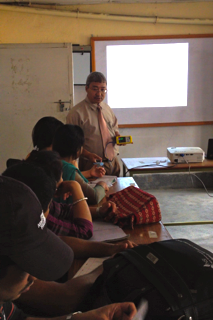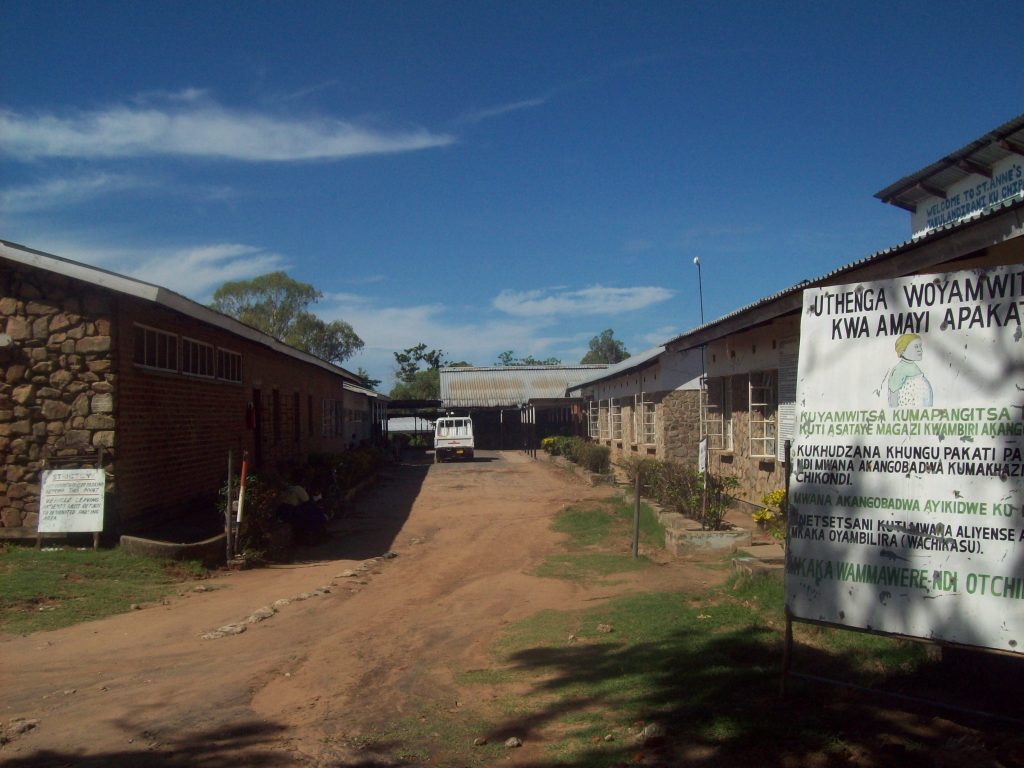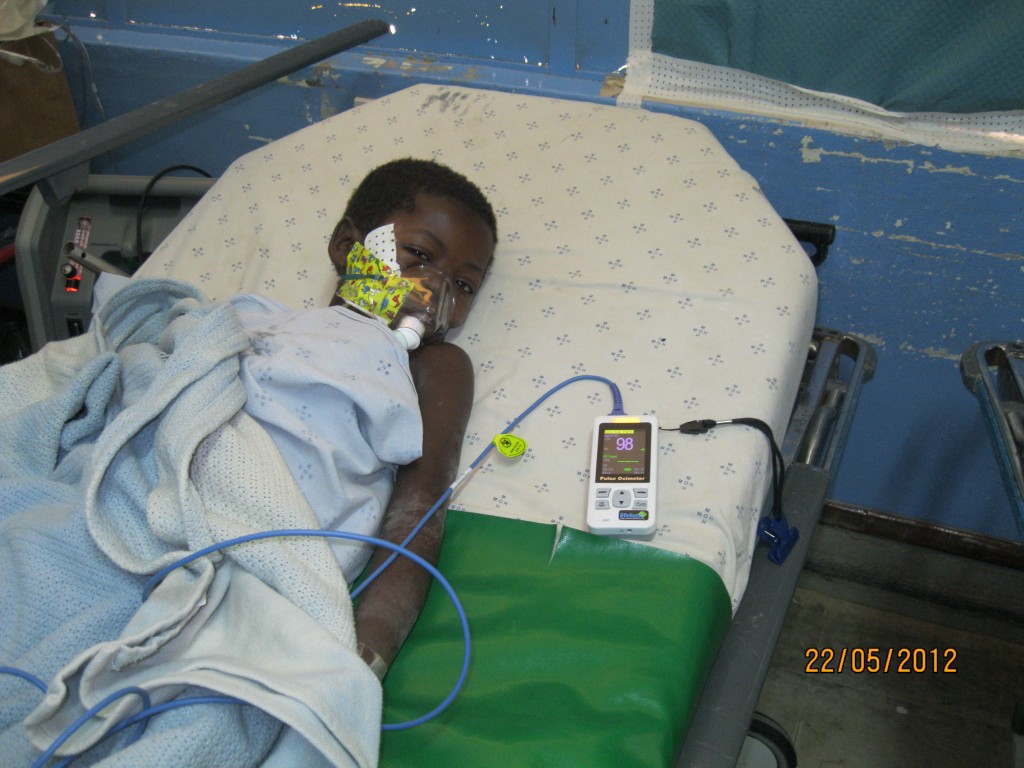A Nice Complement
So it was a nice collaboration when Gradian Health Systems, a not-for-profit provider of anaesthesia machines for low-resource settings, recently bought 20 Lifebox pulse oximeters for each of its UAM machines, currently in facilities across Nepal, Malawi, Nigeria and Ghana.

(c) MusMs
In a surgical setting where electricity may be unreliable and even essential equipment scarce, it is imperative that devices can withstand their environment. The best equipment is useless if it’s inappropriate for the setting, and unfortunately too many pieces of equipment sit on warehouse shelves in low-resource facilities, far from the patient and provider.
But both the Lifebox oximeter and the UAM are specially designed for the low-resource setting. They can be put to work immediately, and they function long-term. And the feedback from recipients has been fantastic.
“Be assured that this oximeter will save lives amongst the 130,000 people who we are serving within and beyond our catchment area,” said an anaesthesia provider at Mua Mission Hospital in central Malawi.
“The Lifebox pulse oximeter is nice and working well. The other good thing is that it has got a rechargeable battery,” explained a doctor at St. Anne’s Hospital, also in Malawi. “We had one pulse oximeter, we were using one more in the children’s ward, but it stopped working 2 months ago.”
The education programme that is a fundamental part of the Lifebox Foundation mission to improve the safety and quality of surgical care, is equally important.
“The oximeters arrived in perfect time,” said the assistant dean of Bir Hospital in Nepal. “We are running a course for 14 people today. I’ll be delivering the tutorial, and using the equipment for training and patient care.”

Pulse oximetry training in Nepal
This collaboration is an exciting realization of “a common belief in technology, training and local expertise as the way to increase access to safe surgery,” as Stephen Rudy, Gradian CEO, said. We can’t wait to see more!



